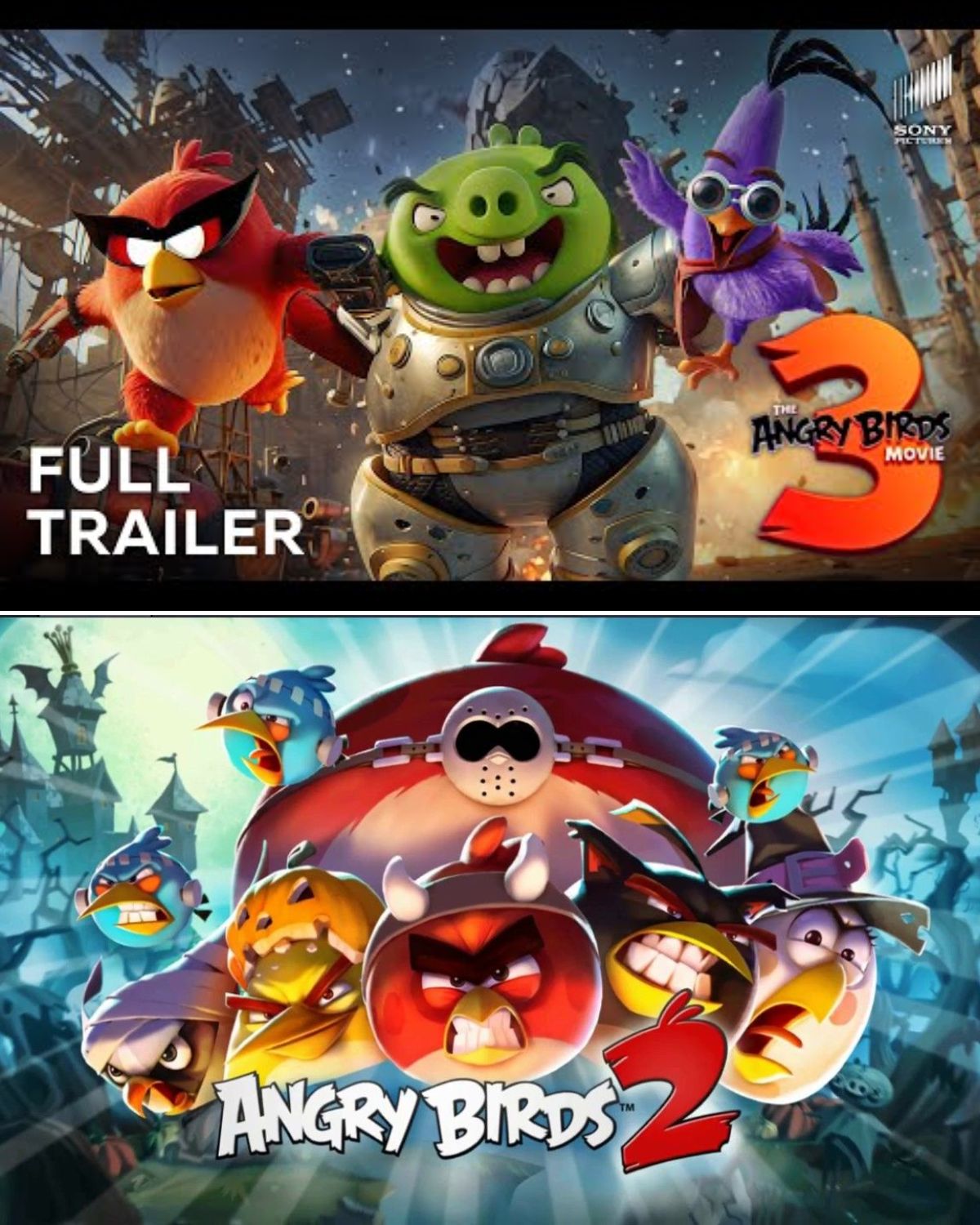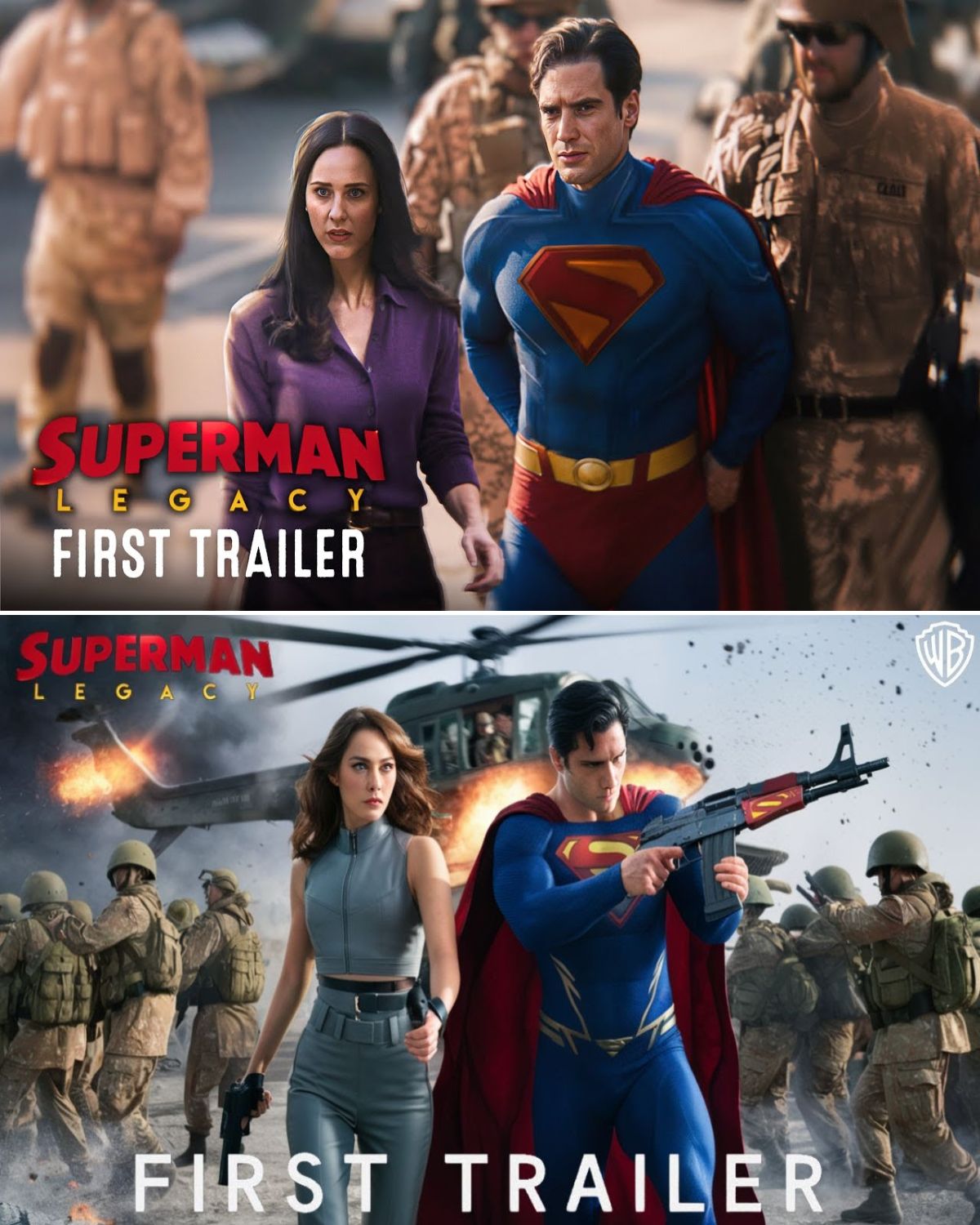Explore the intriguing evolution of Wonder Woman in cinema, from Joss Whedon’s initial vision with Angelina Jolie to Gal Gadot’s iconic portrayal under Patty Jenkins’
The story of Wonder Woman’s cinematic journey is a tale of evolving concepts and changing visions. Long before Gal Gadot graced the screen as the iconic Amazonian princess in the DC Extended Universe (DCEU), the character’s film adaptation went through various iterations and potential casting choices. Among the most intriguing was the idea of Angelina Jolie taking on the role, envisioned by none other than “The Avengers” director, Joss Whedon.
Whedon, known for his work on several successful films and TV series, had penned a script for a Wonder Woman movie back in 2005. His vision of the character was significantly different from what audiences would later see in the DCEU. In his script, Whedon had envisioned Angelina Jolie, famous for her roles in movies like “Maleficent” and “Mr. & Mrs. Smith,” as the ideal candidate for the role of Diana Prince. His choice was rooted not just in Jolie’s undeniable on-screen presence but also in her global humanitarian efforts and her ability to convey strength and compassion simultaneously.
Jolie’s global image as an actress and a humanitarian resonated with Whedon’s interpretation of Wonder Woman. He saw parallels between Jolie’s real-life advocacy for human rights and the fictional character’s dedication to fighting injustice. This choice highlighted an important aspect of Wonder Woman’s character – her commitment to global issues and her role as a champion of the oppressed, transcending mere physical beauty or combat prowess.
Gal Gadot’s Emergence as the New Wonder Woman Wonder Woman
Wonder Woman
The eventual casting of Gal Gadot as Wonder Woman marked a significant shift in the portrayal of the character. Introduced in Zack Snyder’s “Batman v Superman: Dawn of Justice,” Gadot brought a fresh perspective to the role. Her portrayal was met with critical acclaim and fan approval, setting a new standard for the character. Gadot’s Wonder Woman combined grace, strength, and a sense of moral clarity, embodying the character’s long-standing comic book ethos.
Director Patty Jenkins’ 2017 film “Wonder Woman” solidified Gadot’s status as the definitive cinematic Wonder Woman. Jenkins’ vision for the character focused on her origin story, showcasing her journey from the sheltered shores of Themyscira to the frontlines of World War I. The film’s success was not just a win for the DCEU but also a significant moment for female-led superhero movies. It demonstrated the audience’s appetite for well-crafted, empowering female characters, steering away from the traditional male-dominated superhero narrative.
The Legacy and Future of Wonder Woman Angelina Jolie
Angelina Jolie
Wonder Woman’s cinematic journey reflects the changing landscape of superhero movies and the increasing importance of diverse, complex characters. The success of Gadot’s portrayal under Jenkins’ direction proved that female superheroes could lead blockbuster films. James Cameron, known for his groundbreaking work in movies like “Avatar,” initially critiqued the film for what he perceived as objectification. However, he later acknowledged the importance of Wonder Woman’s portrayal, emphasizing the significance of having a female director at the helm of such a major action movie.
The character’s evolution from Whedon’s unproduced script to Gadot’s portrayal under Jenkins’ direction highlights a broader shift in Hollywood. It underscores the growing recognition of the need for diverse voices and perspectives in filmmaking, particularly in genres traditionally dominated by male narratives.
The legacy of Wonder Woman continues to evolve. While the sequel “Wonder Woman 1984” received mixed reviews, it still played a crucial role in maintaining the character’s presence in popular culture. The future of Wonder Woman in the DCEU remains a topic of keen interest to fans, with discussions around the direction of the third installment and the character’s role in the ever-changing landscape of the DC universe.
In conclusion, the story of Wonder Woman’s cinematic adaptation is a testament to the character’s enduring appeal and the evolving nature of superhero storytelling. From Whedon’s unmade script envisioning Jolie as the lead to Gadot’s acclaimed portrayal under Jenkins, Wonder Woman continues to inspire and captivate audiences around the world.
Source:https://faconew.com




